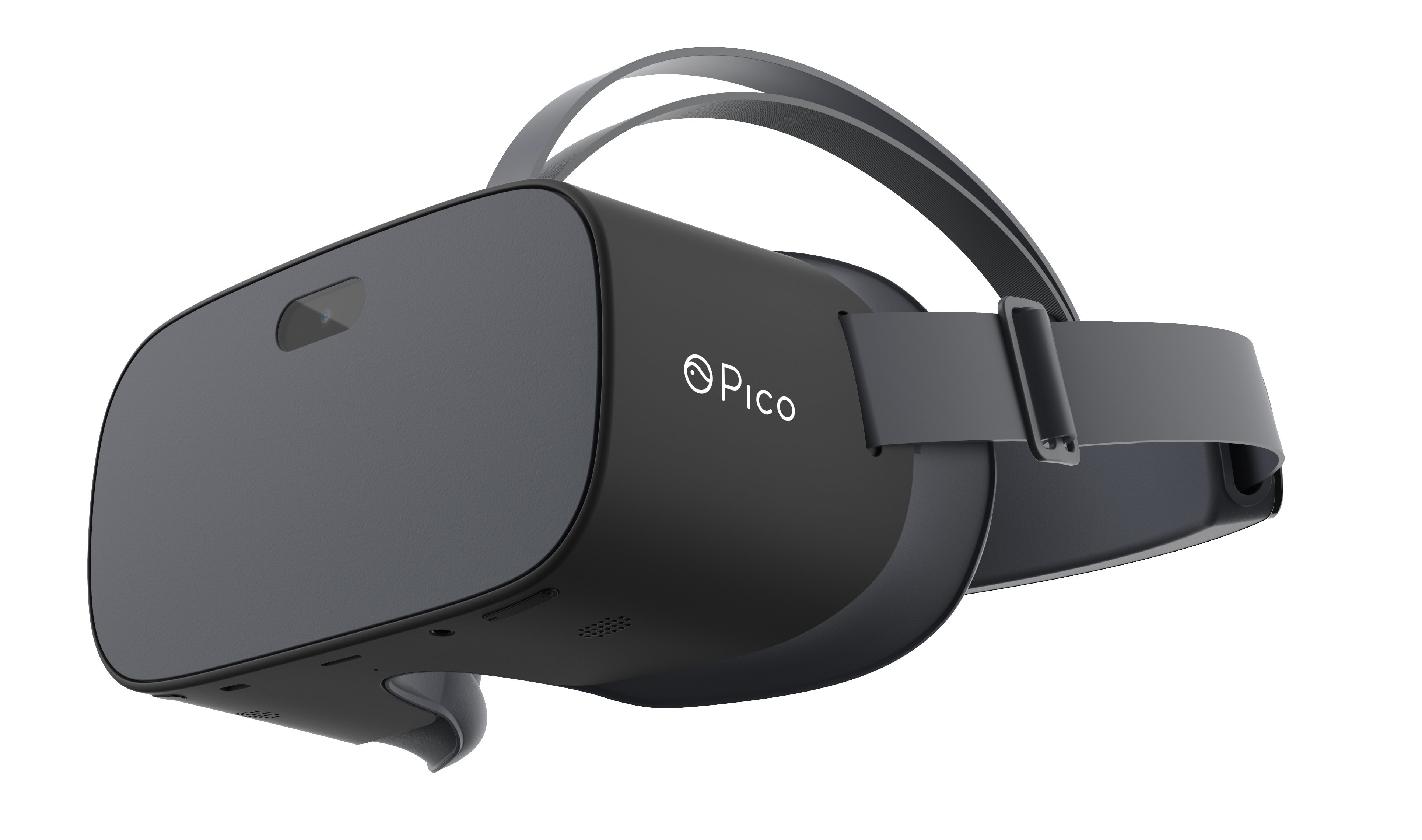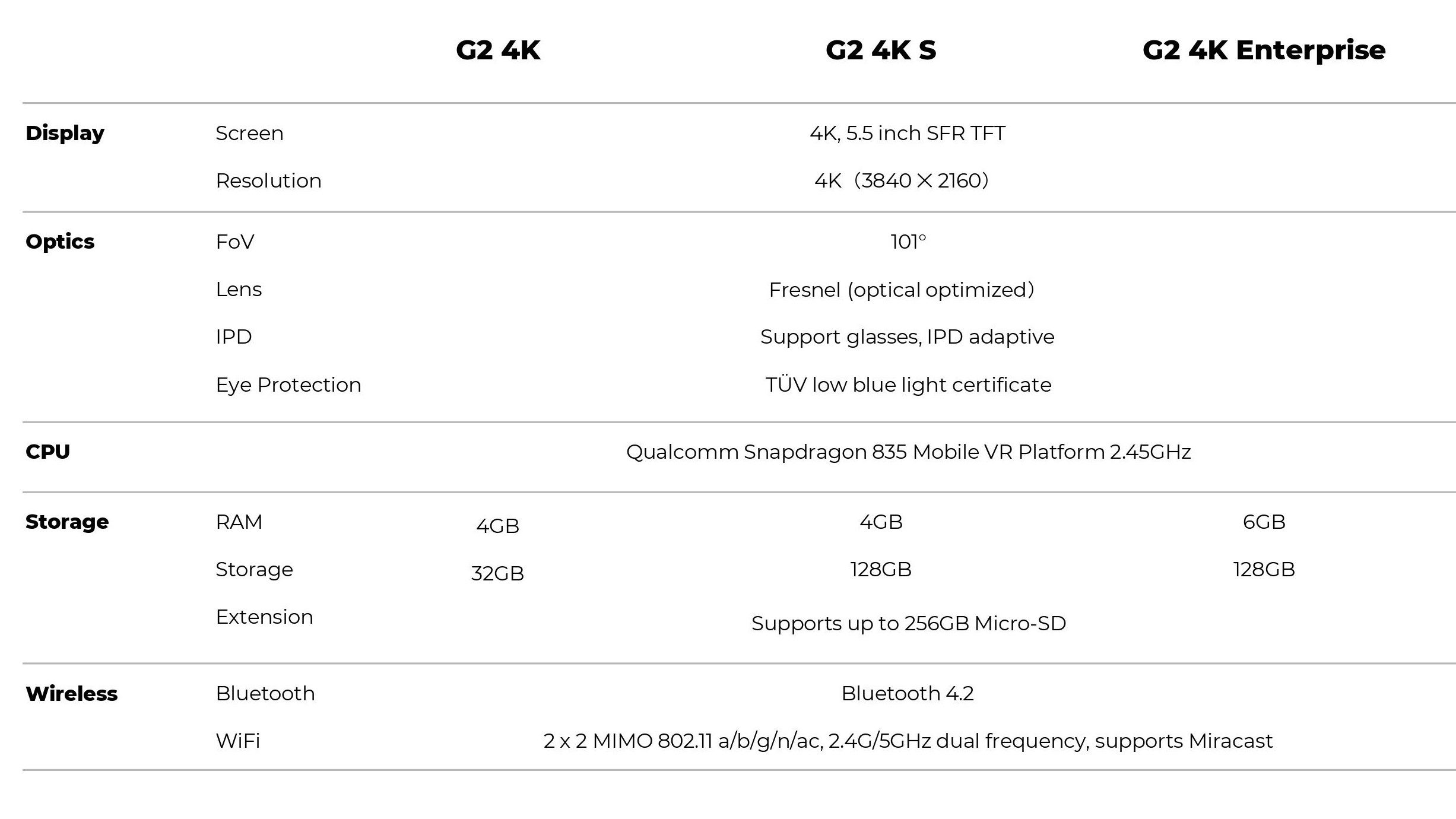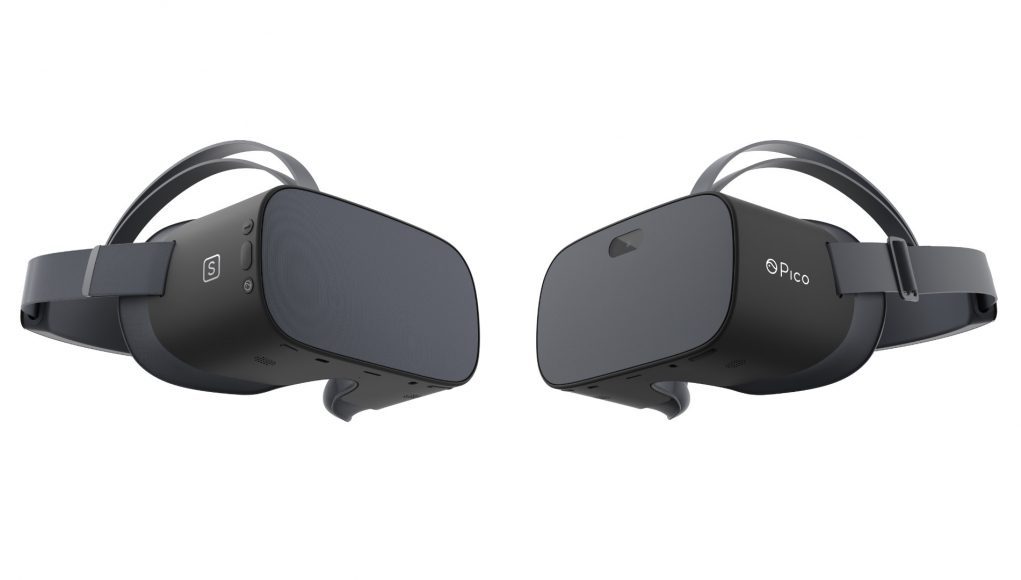Oculus Go’s days are numbered, however Pico Interactive seems undeterred by Facebook’s move to retire the 3DOF VR headset. Starting today, a new version of its Pico G2 “4K” headset is available; another enterprise-focused iteration set to follow this year.
Originally released in North America in May 2019, the standard G2 “4K” offered enterprise customers a higher resolution screen to Oculus Go’s 2,560 x 1,440 resolution (1,280 x 1,440 per eye) and a greater degree of personalized business support than Facebook was providing through its Oculus Go for Business program at the time. Both headsets only offer 3DOF head tracking, and include a single 3DOF controller.
The company today announced the G2 “4K S” and G2 “4K” Enterprise, something the company says was the result of customer demand for more memory space and improved battery life.
The newly announced Pico G2 “4K S” offers more internal storage than the original, bumping it from 32GB of internal storage to 128GB. A 20% larger battery, Pico says, brings battery life to “roughly 2 to 5 hours” more than the standard headset.
The Enterprise version also includes 128GB of storage and larger battery, however goes one step further with a single integrated 16 MP RGB camera.

The company says the new camera was included after continuous discussions with the team at NuEyes, a company using immersive headsets to help the visually impaired.
Additionally, the G2 “4K” line is said to now come with an easy-to-clean PU material which should make headset sanitization an easier process.
The Pico G2 “4K S” is available starting today for $375, while the G2 “4K Enterprise” will be available in Q3 2020 for $450.
Just like the standard G2 “4K”, the two new additions are being sold through enterprise channels, meaning only businesses will be able to purchase. Check out the full specs below:
Pico G2 “4K” Line Specs


– – — – –
Note: we’ve put “4K” in inverted commas because Pico’s G2 “4K” headsets actually house a single LCD display with 3,840 x 2,160 screen resolution, which when viewed stereoscopically only offers the user at most half of that useable screen real-estate. That’s marketing for you.







